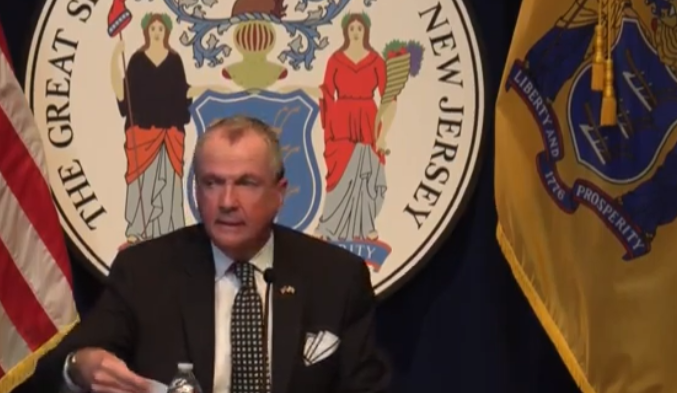Governor Murphy and Superintendent Callahan Announce FEMA Approval for Non-Congregate Sheltering in Response to COVID-19

Governor Murphy and Superintendent Callahan Announce FEMA Approval for Non-Congregate Sheltering in Response to COVID-19
“Providing New Jersey’s already strained hospital system with a non-congregate sheltering option will free up critical space and reduce the likelihood of further community spread, which in turn will save lives.” said Governor Murphy. “This increased access to housing for vulnerable populations, health care workers, and first responders will allow New Jerseyans to isolate themselves without fear of spreading COVID-19 to family members and their surrounding communities.”
"Non-congregate sheltering will protect the families of the men and women on the frontlines fighting the COVID-19 pandemic and provide a safe haven for vulnerable individuals who have no available options to self-isolate or social distance while we slow the spread of this virus," said Colonel Patrick Callahan, Superintendent of the New Jersey State Police. "We will continue to utilize any resource available to flatten the curve and save lives."
“New Jersey’s medical professionals and first responders are performing heroics efforts to save our communities every day,” said Congressman Bill Pascrell, Jr. “But as we approach a peak in infections they and our hospitals are nearing a breaking point and need help now. This approval will help alleviate the burden our hospitals are carrying at a critical moment. Governor Phil Murphy and his team and our FEMA partners deserve our thanks. Lives will be protected and saved by this decision.”
FEMA’s approval allows State, county, and local entities to be reimbursed for providing housing at hotels or motels for certain vulnerable populations, including:
- Homeless families who live in congregate shelters with at least one family member who has tested positive for COVID-19;
- Homeless individuals who require quarantine or isolation due to a positive test for COVID-19;
- Children and adults living in congregate living settings, such as group homes, who have tested positive for COVID-19;
- First responders and healthcare workers who do not require hospitalization but nevertheless need to avoid direct contact with their families due to exposure to COVID-19; and
- COVID-19 positive patients who do not require hospitalization in a traditional setting but who nonetheless require quarantine and isolation outside their resident to prevent the further spread of the virus.
State, county, and local entities should implement programs in accordance with FEMA guidance in order to seek reimbursement for these COVID-19 costs.
A copy of FEMA’s approval letter can be found here.





